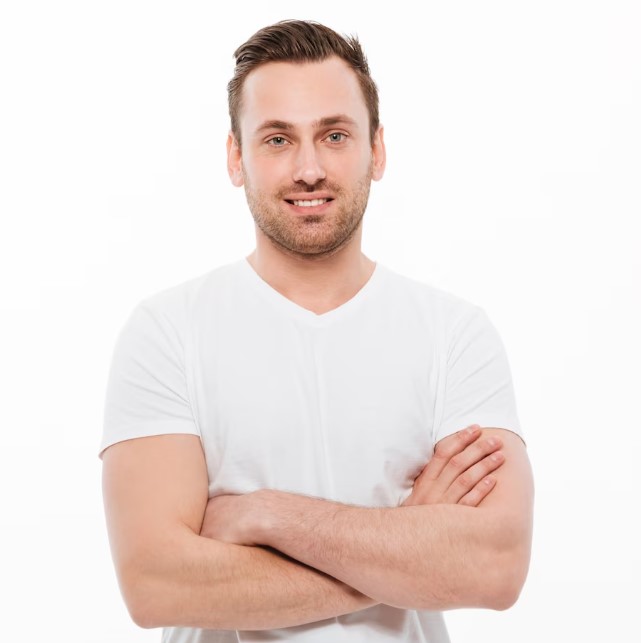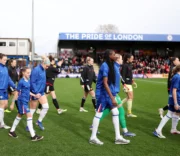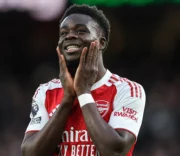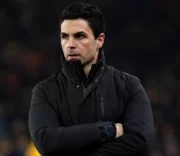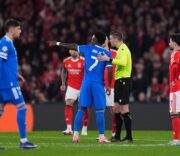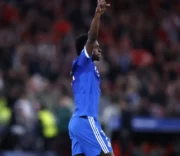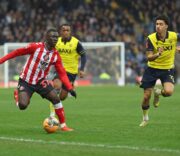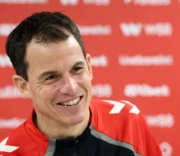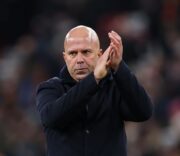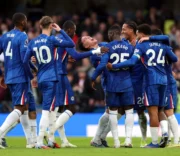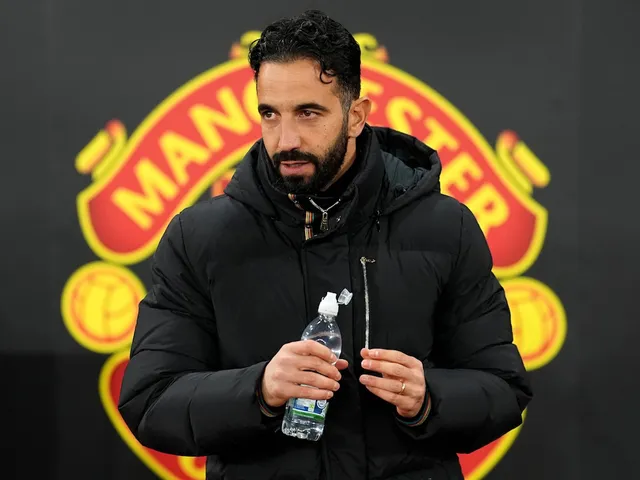
Ruben Amorim is under growing pressure as Manchester United’s head coach after a series of disappointing results that have cast doubt on his future. The 3-0 loss to Manchester City on Sunday left him with a record of just eight wins in 31 Premier League games since he took over from Erik ten Hag 10 months ago. United’s points tally of 31 from those 31 games puts them at the bottom of a 17-team table of teams who have been in the Premier League during Amorim’s tenure.
With the 40-year-old preparing to face Chelsea at home on Saturday, the question remains: how much of the team’s struggles can be attributed to Amorim, and is he really fighting to save his job?
Squad Management: Amorim’s Choices Under Scrutiny
Mark Ogden’s View:
Mark Ogden argues that Amorim is making life difficult for himself and the team by relying too heavily on some players while overlooking others. For instance, goalkeeper Tom Heaton, who was solid and confident during preseason, hasn’t received any playing time this season, despite costly mistakes by both Altay Bayindir and André Onana. Heaton, although 39 and without regular playtime, could have provided valuable experience during the early weeks of the season.
In midfield, Ogden feels Kobbie Mainoo should have been given more minutes, especially with Casemiro and Manuel Ugarte underperforming. Similarly, Benjamin Sesko should have been integrated into the team sooner rather than gradually brought in.
Rob Dawson’s Response:
Rob Dawson disagrees with Ogden, believing that Amorim’s decisions have largely been correct. He points out that Amorim has focused on fixing the team’s culture, much like other United managers before him. Parting ways with Marcus Rashford and Alejandro Garnacho, two talented but disruptive players, was a necessary move to build a collective spirit. The mood during the summer tour was good, especially after a tough previous season and a defeat in the Europa League final.
Dawson also praises Amorim for keeping the dressing room intact despite poor results, which is no easy task. Instead of blaming players after the City defeat, Amorim took responsibility and focused on the team’s collective issues. However, Dawson acknowledges that the pressure will mount unless Amorim can turn the results around.
Amorim’s Catch-22 Situation
Ogden notes that while Amorim has worked hard to keep the squad united, his tendency to deflect criticism onto himself could lead to players becoming complacent, knowing they won’t be held accountable for poor performances. This presents a difficult situation for any manager, where a lack of responsibility among players could undermine efforts to improve.
Moreover, Ogden questions whether Amorim ever intended to rely on injury-prone players like Luke Shaw and Mason Mount, who have failed to stay fit. As the head coach, it’s Amorim’s responsibility to make things work, but Ogden believes he is not doing enough to find the right solutions.
The Verdict: Is Amorim’s Future at Manchester United in Doubt?
The debate over Amorim’s future boils down to his ability to turn things around. While he has shown some positive signs in terms of team culture, his tactical decisions and inability to produce consistent results are now under intense scrutiny. The next few matches, including the clash against Chelsea, will likely be decisive in determining whether Amorim stays at the helm or is replaced.

